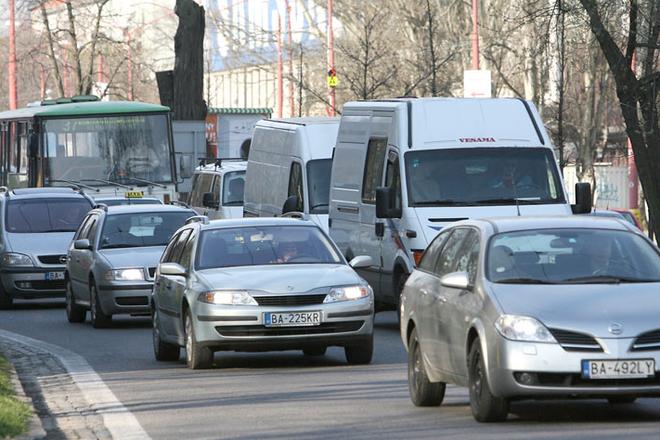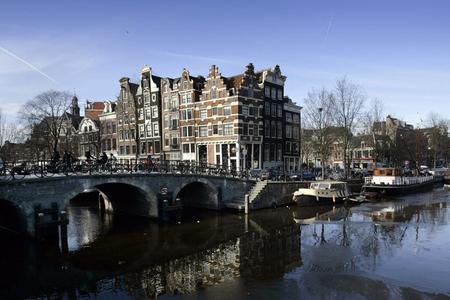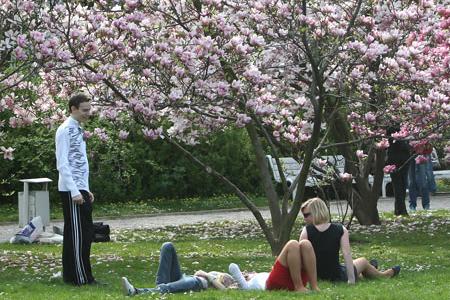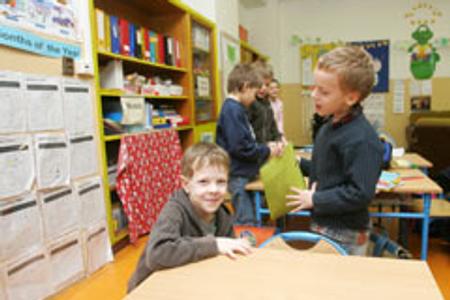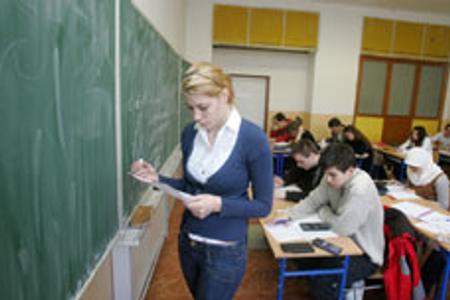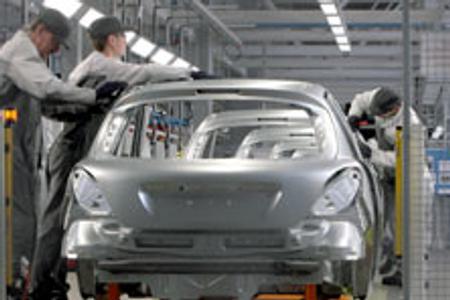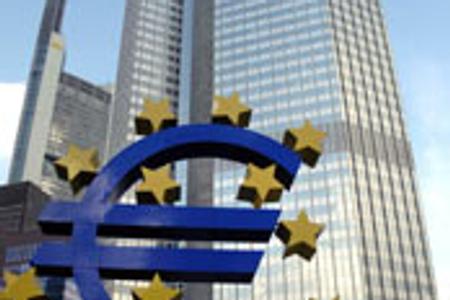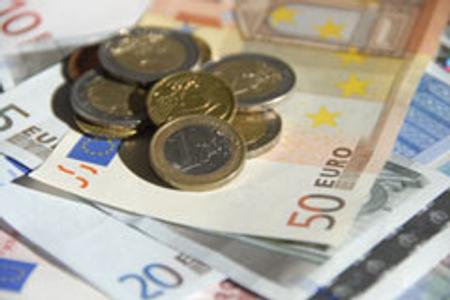- Last Week: Revenge-hungry Smer voters feast on donated ammunition case
- From Seattle to Bratislava: an American’s reverse migration story
- Too little, too late? Bratislava Main Station’s revamp is still a distant prospect
- A year later, Bratislava’s laser spectacle goes global
- From not knowing an English word to being a noted radio announcer in the US Video
- Rare brain-eating amoeba kills child in Slovakia
- Two Slovaks deported from US and Vietnam in separate incidents
- Wish you were here: the lost spas of yesterday
- From not knowing an English word to being a noted radio announcer in the US Video
- From Seattle to Bratislava: an American’s reverse migration story
- A year later, Bratislava’s laser spectacle goes global
- Last Week: Revenge-hungry Smer voters feast on donated ammunition case
- Wish you were here: the lost spas of yesterday
- Rare brain-eating amoeba kills child in Slovakia
- Two Slovaks deported from US and Vietnam in separate incidents
- News digest: Prešov picks a fight with a Russian ‘hero’ – and social media
- From Seattle to Bratislava: an American’s reverse migration story
- A year later, Bratislava’s laser spectacle goes global
- From not knowing an English word to being a noted radio announcer in the US Video
- Rare brain-eating amoeba kills child in Slovakia
- He left Los Alamos to start over in Bratislava. Now he’s filing patents
- Two Slovaks deported from US and Vietnam in separate incidents
- Slovakia has given up on attracting quality people. It is disgusting, says expert
- Top 10 events in Bratislava for foreigners
- From Seattle to Bratislava: an American’s reverse migration story
- Rare brain-eating amoeba kills child in Slovakia
- A year later, Bratislava’s laser spectacle goes global
- From not knowing an English word to being a noted radio announcer in the US Video
- Wish you were here: the lost spas of yesterday
- Two Slovaks deported from US and Vietnam in separate incidents
- Bratislava, a blessing or a curse? Audio
- Biting the hand that feeds us
- Last Week: Revenge-hungry Smer voters feast on donated ammunition case
- News digest: Prešov picks a fight with a Russian ‘hero’ – and social media
- ‘Go to hell’: Banners appear in eastern Slovakia targeting Fico over his ties to Moscow
- Too little, too late? Bratislava Main Station’s revamp is still a distant prospect
- Northern lights put on a dazzling mid-year show over Slovakia
- Weekend: Folklore from around the world Photo
- A year later, Bratislava’s laser spectacle goes global
- Tax, audit and accounting firms face tech push and talent shortages More articles ›

